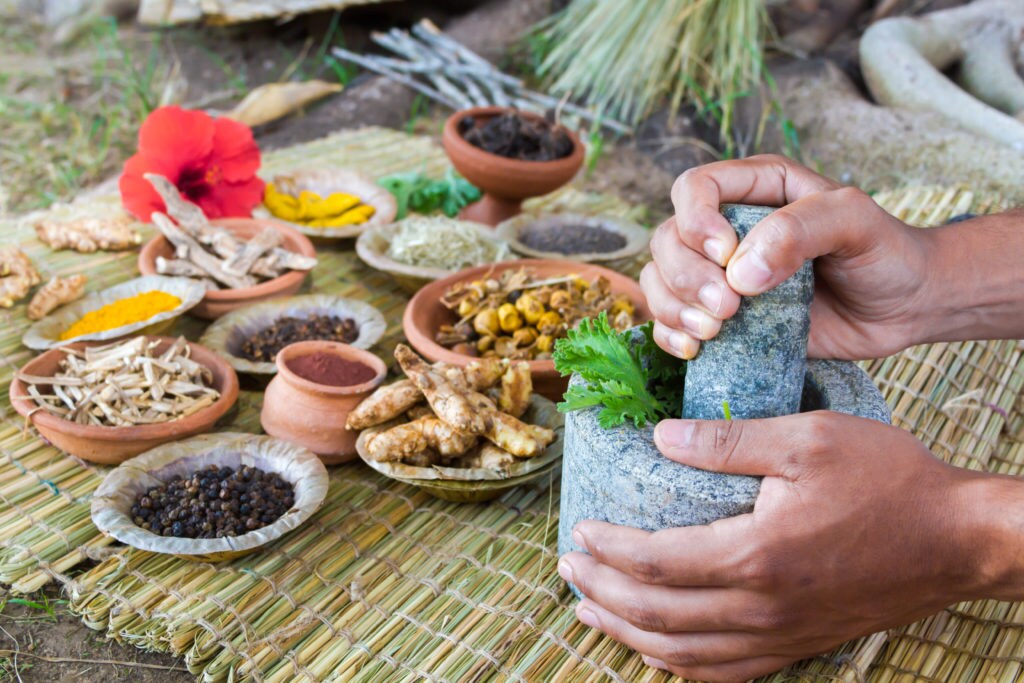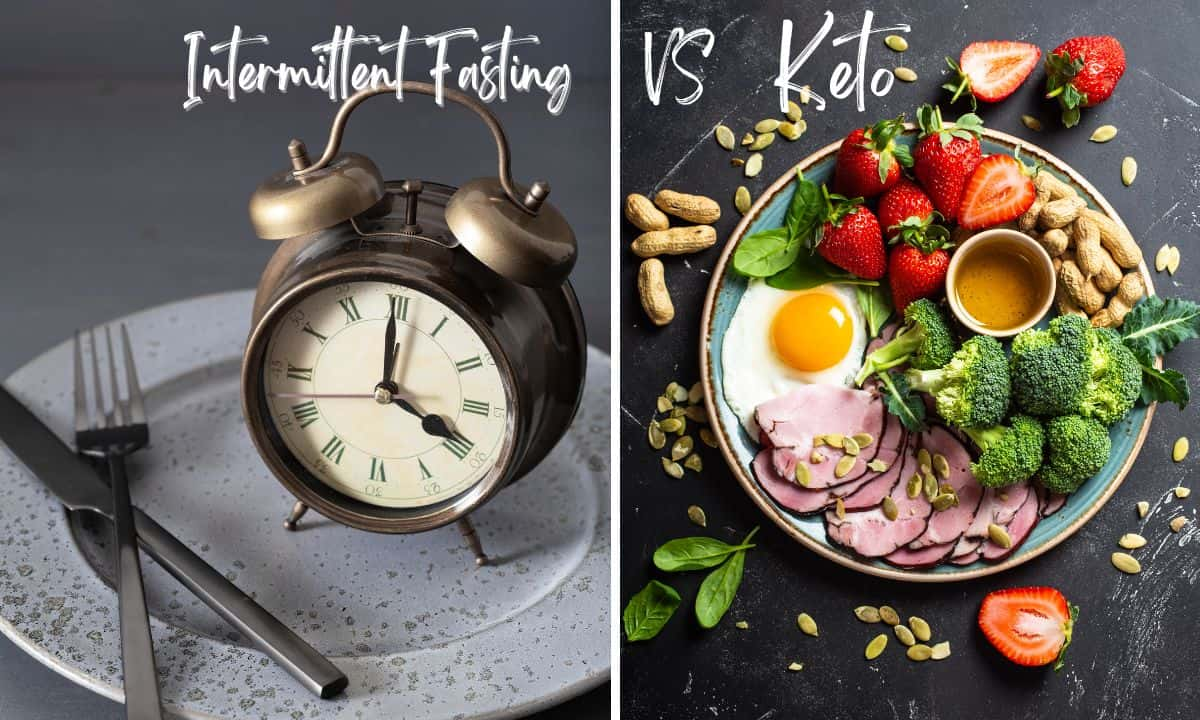Introduction to food as medicine
Food is more than just fuel for our bodies; it has the power to heal and nourish us from within. The concept of using food as medicine isn’t new—it dates back centuries, intertwining with cultures around the world. From ancient Ayurvedic practices to traditional Chinese medicine, people have long understood that what we eat impacts not only our physical health but also our emotional well-being.
As modern science continues to unveil the benefits hidden in everyday foods, we’re rediscovering these age-old beliefs. Imagine harnessing the healing properties of garlic or turmeric in your daily meals. These aren’t just ingredients; they’re functional foods that can support immunity and improve overall wellness.
Join us on a journey through time and science as we explore how food can serve as powerful health remedies. We’ll delve into historical practices and contemporary research while uncovering how simple dietary changes can enhance your life today. It’s time to rethink what’s on your plate—not just for taste, but for vitality!
History of using food for healing
The connection between food and healing dates back thousands of years. Ancient civilizations recognized the power of nutrition long before modern science validated these beliefs.
In Egypt, medical texts described the use of garlic for strength and honey for its antiseptic properties. Meanwhile, traditional Chinese medicine emphasized balance through diet, using specific foods to harmonize energy within the body.
Ayurvedic practices from India also highlight this relationship. The Ayurvedic diet categorizes foods by their qualities and effects on health. Spices like turmeric were revered not just for flavor but as potent remedies against inflammation.
These historical perspectives laid a foundation that resonates today. As we explore functional foods in contemporary diets, it’s clear that ancient wisdom continues to influence our understanding of health remedies through nutrition.
Scientific studies supporting the use of food as medicine
Recent scientific studies have shed light on the powerful role that food plays in health and healing. Researchers are increasingly recognizing how certain functional foods can reduce inflammation, boost immunity, and prevent chronic diseases.
For instance, a study published in the Journal of Nutrition highlighted how antioxidants found in berries can combat oxidative stress. This is vital for maintaining cellular health.
Another compelling piece of research showed that incorporating leafy greens into one’s diet could lower the risk of cardiovascular diseases significantly. The nutrients present in these vegetables work synergistically to enhance heart health.
Moreover, an investigation into spices like turmeric revealed its potential benefits as an anti-inflammatory agent. Curcumin, its active compound, has been linked to improved joint function and overall wellness.
These findings underscore a growing consensus: our dietary choices directly influence our well-being and longevity.
Common foods and their health benefits
Garlic is a powerhouse in the realm of health remedies. Packed with sulfur compounds, it boasts anti-inflammatory properties and can help boost the immune system. Including garlic regularly can ward off colds and flu.
Turmeric, known for its vibrant color, serves as a potent anti-inflammatory agent. The active compound curcumin has been linked to improved brain function and may even aid in managing arthritis pain.
Berries are not just delicious; they are rich in antioxidants. Blueberries, strawberries, and raspberries promote heart health by reducing blood pressure levels while also improving cholesterol profiles.
Leafy greens like spinach and kale offer an abundance of vitamins A, C, K, and minerals such as iron. They support bone health and enhance digestion due to their high fiber content.
Fermented foods like yogurt contain probiotics that nurture gut health. These beneficial bacteria help maintain a balanced digestive system while boosting overall immunity.
Integrating food as medicine into daily life
Incorporating food as medicine into your daily routine starts with mindful choices. Begin by stocking your kitchen with functional foods that offer health benefits. Think of turmeric, ginger, and leafy greens.
Meal planning can be a game changer. Design meals around seasonal produce to maximize nutrient content. Try adding spices like cinnamon and garlic for their healing properties in everyday dishes.
Listening to your body is essential when implementing an Ayurvedic diet approach. Tailor your meals according to how you feel each day; some might need warming foods during winter, while cooling options work best in the summer.
Experimenting with herbal teas can also enhance wellness rituals. Replace sugary drinks with chamomile or peppermint tea for digestion support.
Consider cooking methods that retain nutrients—steaming instead of boiling can make a significant difference while preserving flavor and benefits. Embrace this journey, making it enjoyable and sustainable!
Combining traditional and modern approaches
The intersection of traditional wisdom and modern science offers a rich landscape for understanding health remedies through the lens of food as medicine. Ancient practices, such as those found in Ayurveda, have long emphasized the healing properties of functional foods. This holistic approach to diet integrates not just physical health but also mental and spiritual well-being.
Today’s scientific advancements provide compelling evidence that many traditional ingredients—like turmeric, ginger, and garlic—hold significant therapeutic potential backed by research. By embracing both these ancient methods and contemporary studies, we can create a more comprehensive view of nutrition’s role in wellness.
Incorporating an Ayurvedic diet into daily life doesn’t mean abandoning all modern dietary guidelines. Instead, it calls for a balanced mix where seasonal produce meets superfoods known for their specific benefits. The goal is to nourish our bodies with intention while remaining open to new findings about how food impacts our health.
As you explore this fascinating synergy between tradition and innovation, remember that food is more than just fuel—it carries the power to heal. Each meal presents an opportunity to embrace this philosophy actively. Whether you’re experimenting with herbal teas or enjoying anti-inflammatory dishes inspired by centuries-old recipes, your journey towards better health starts on your plate every single day.




